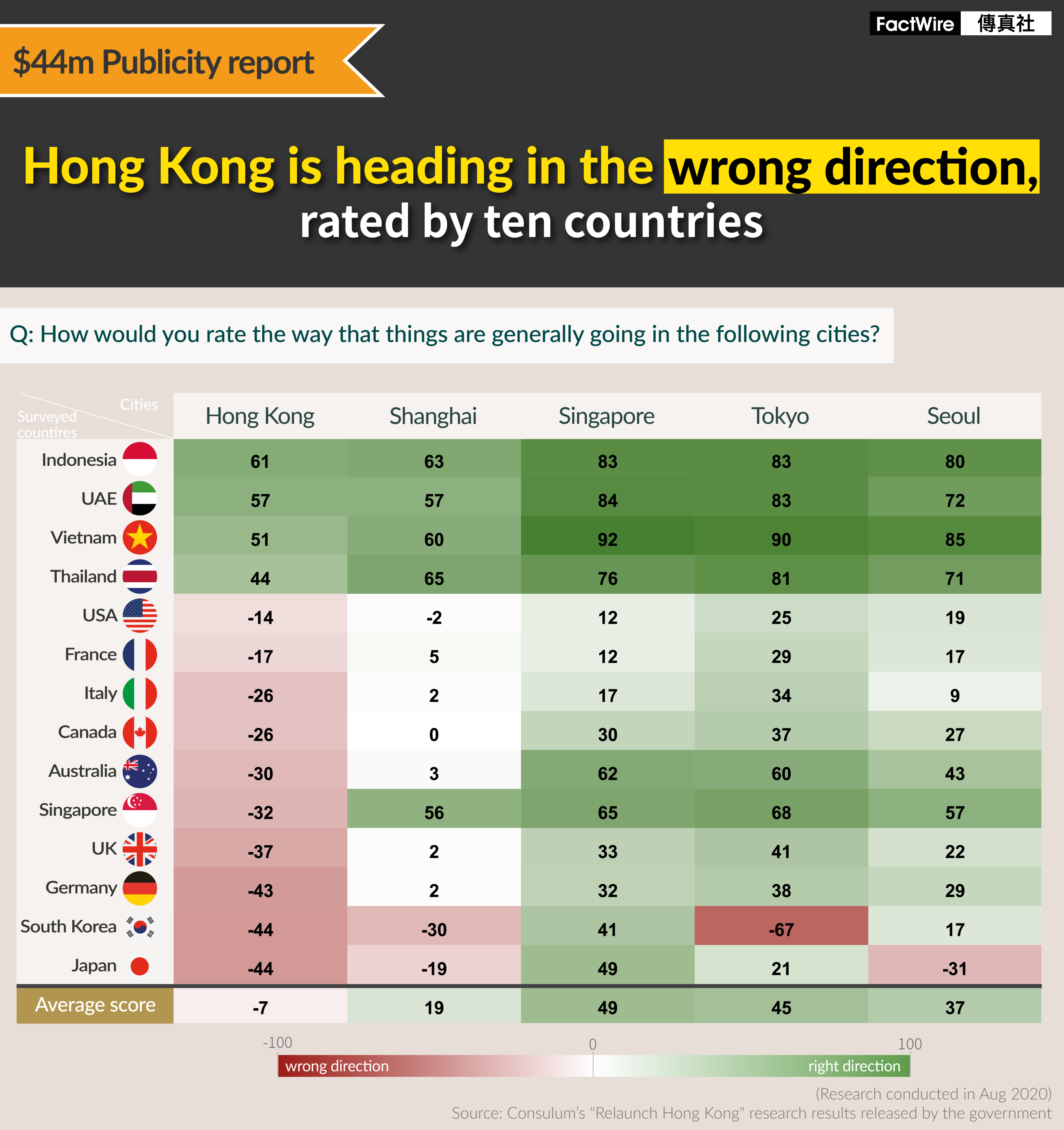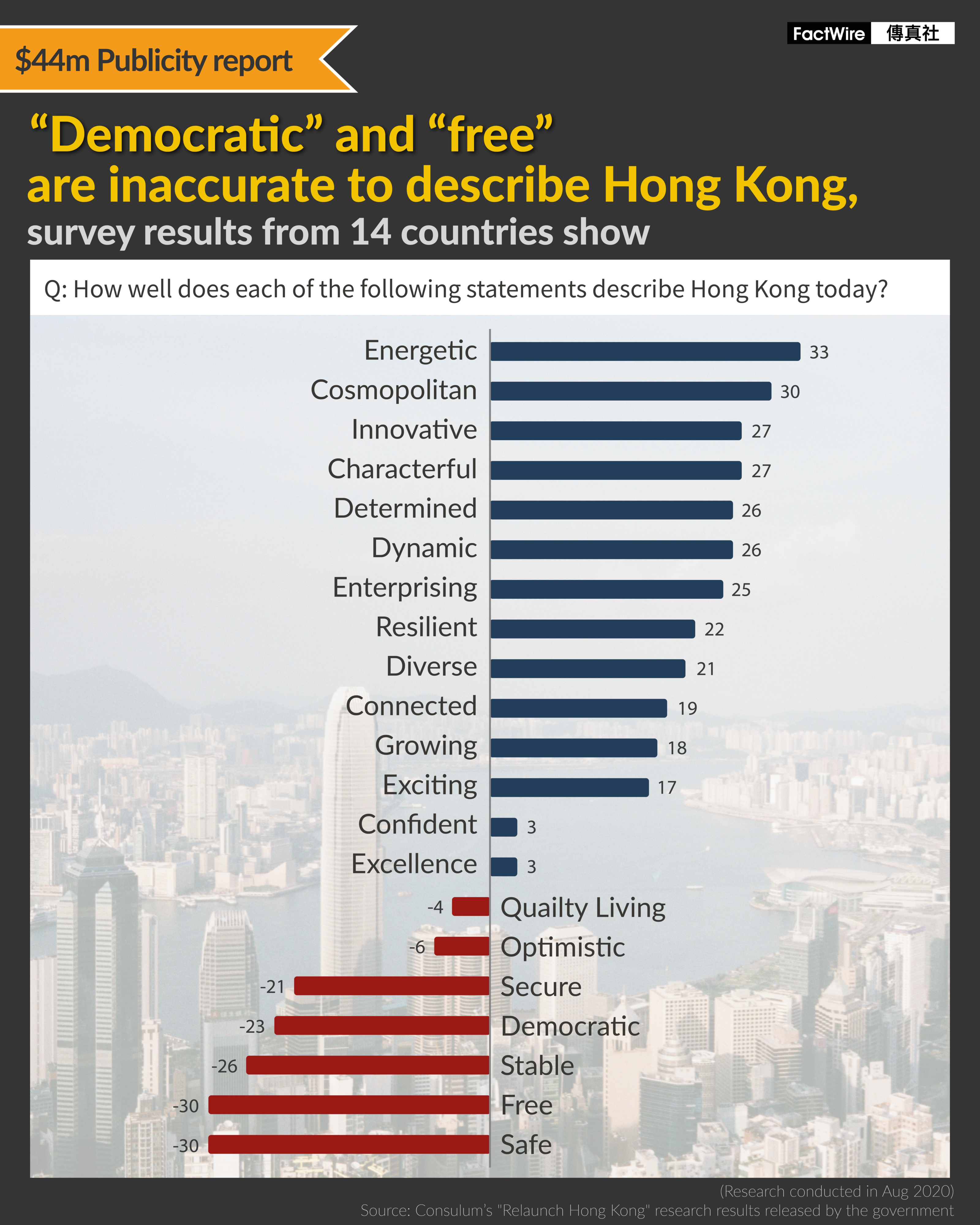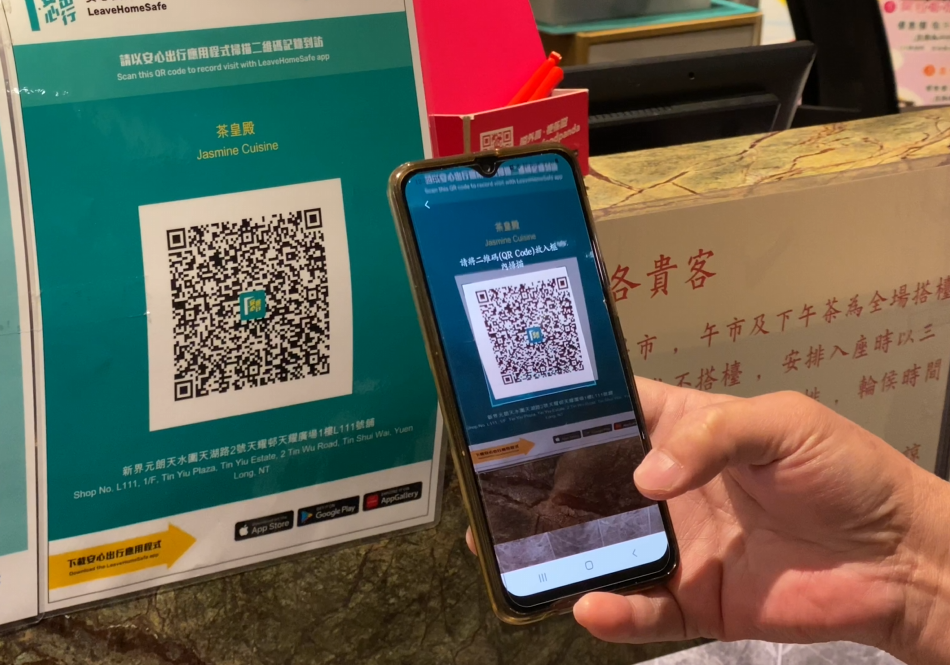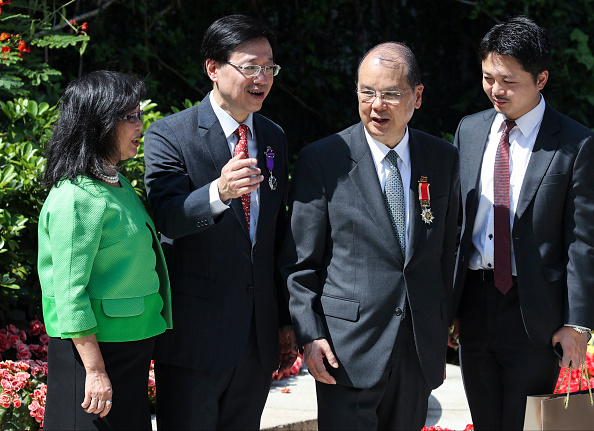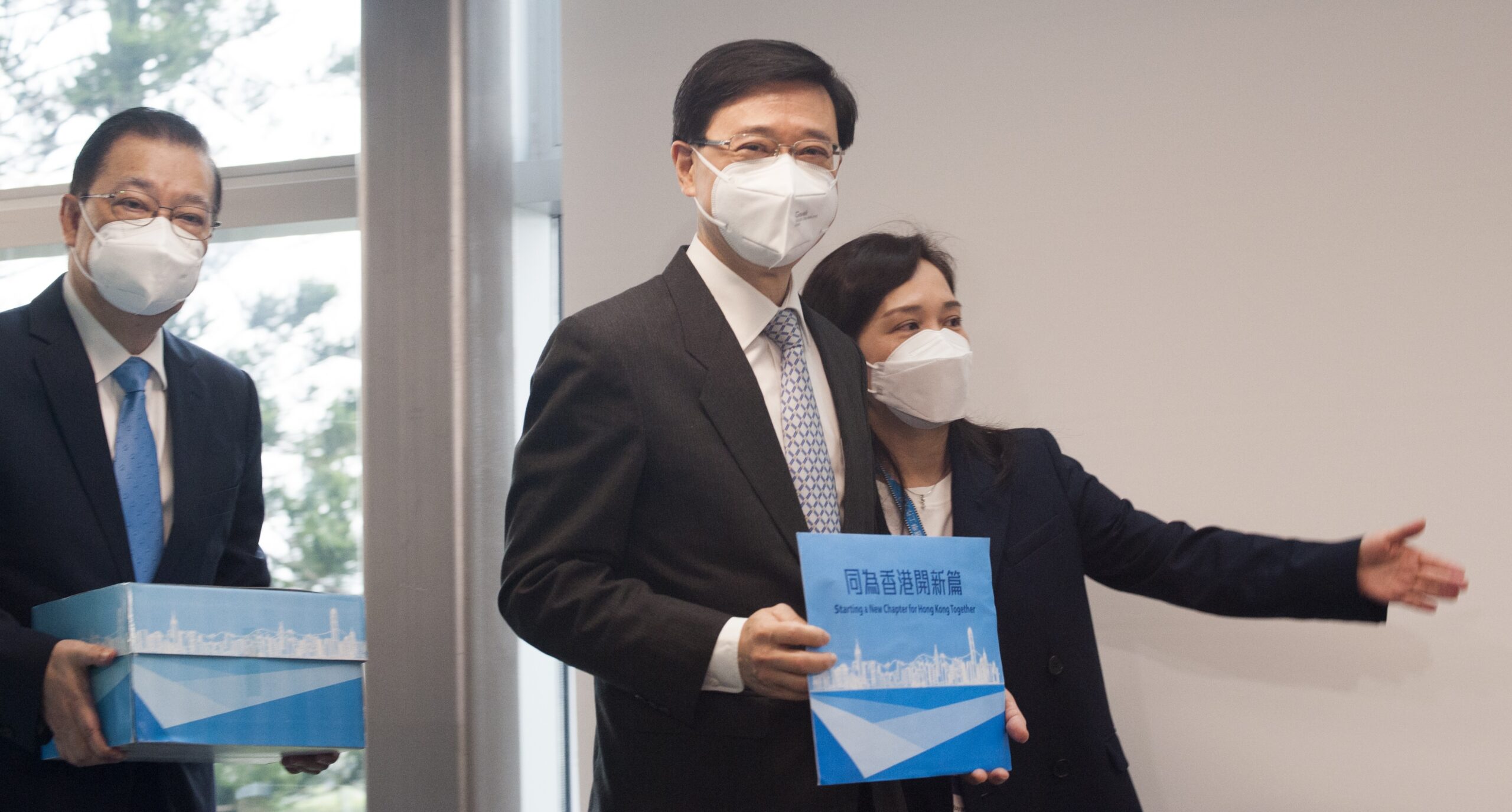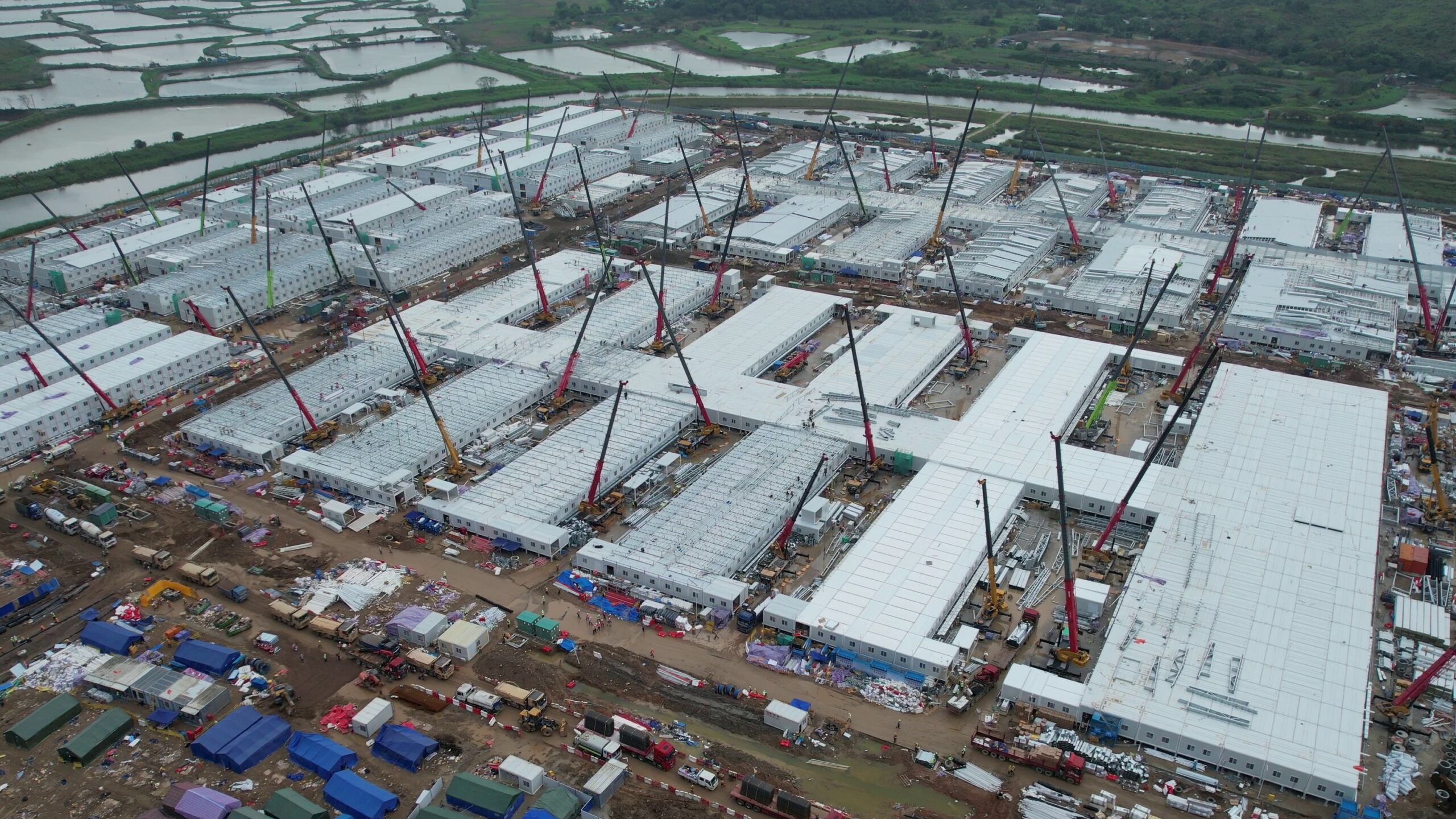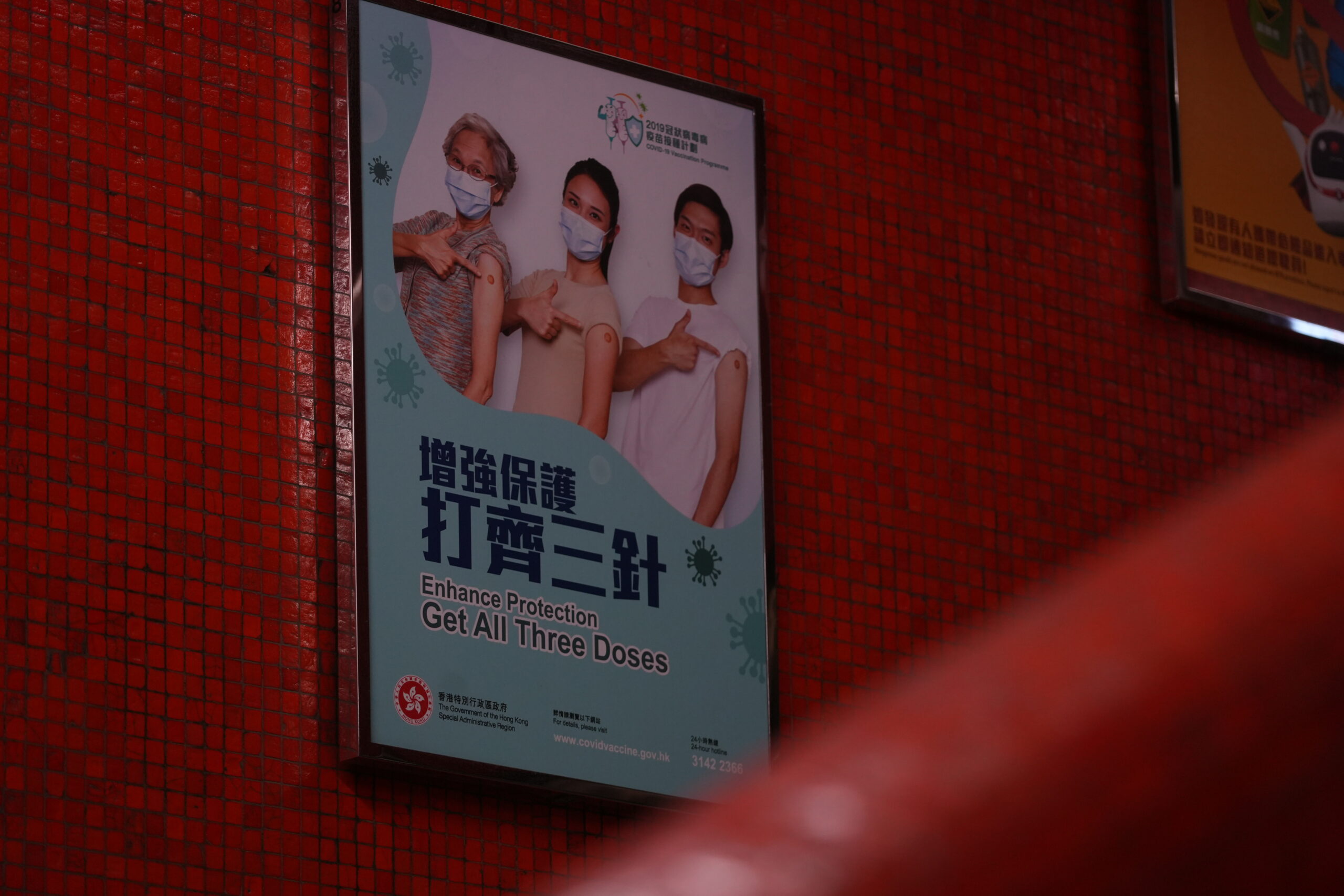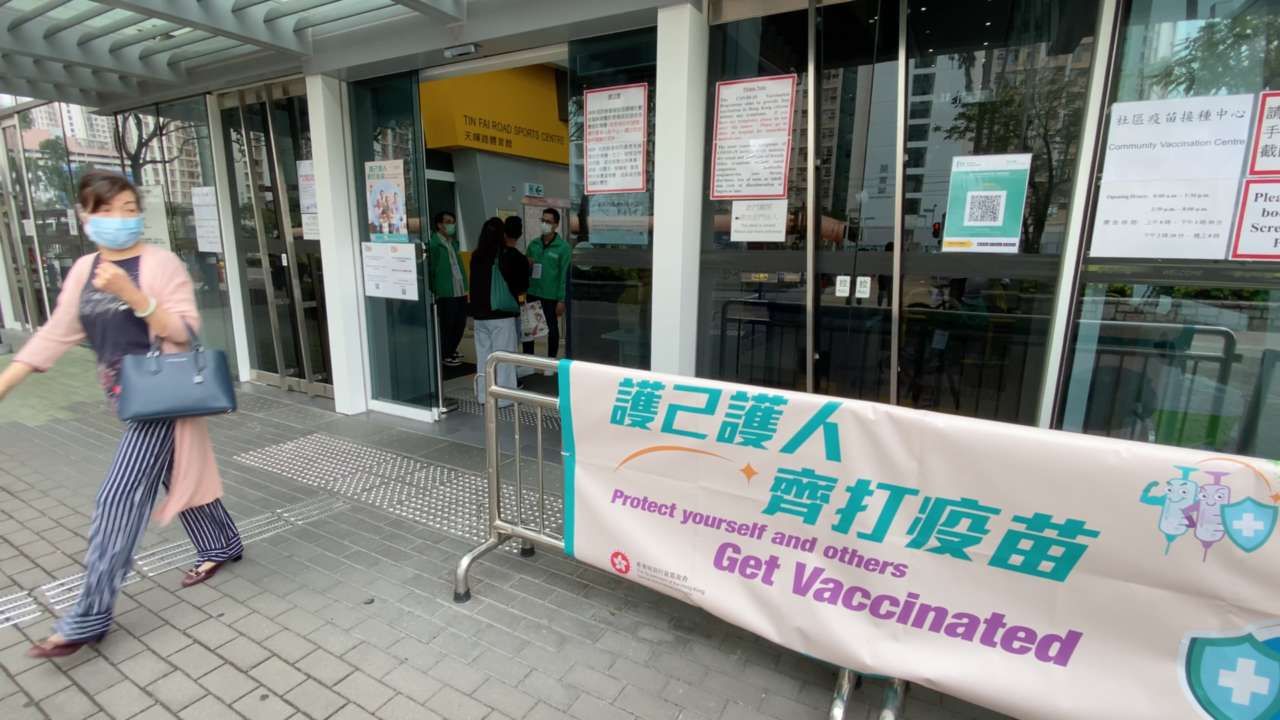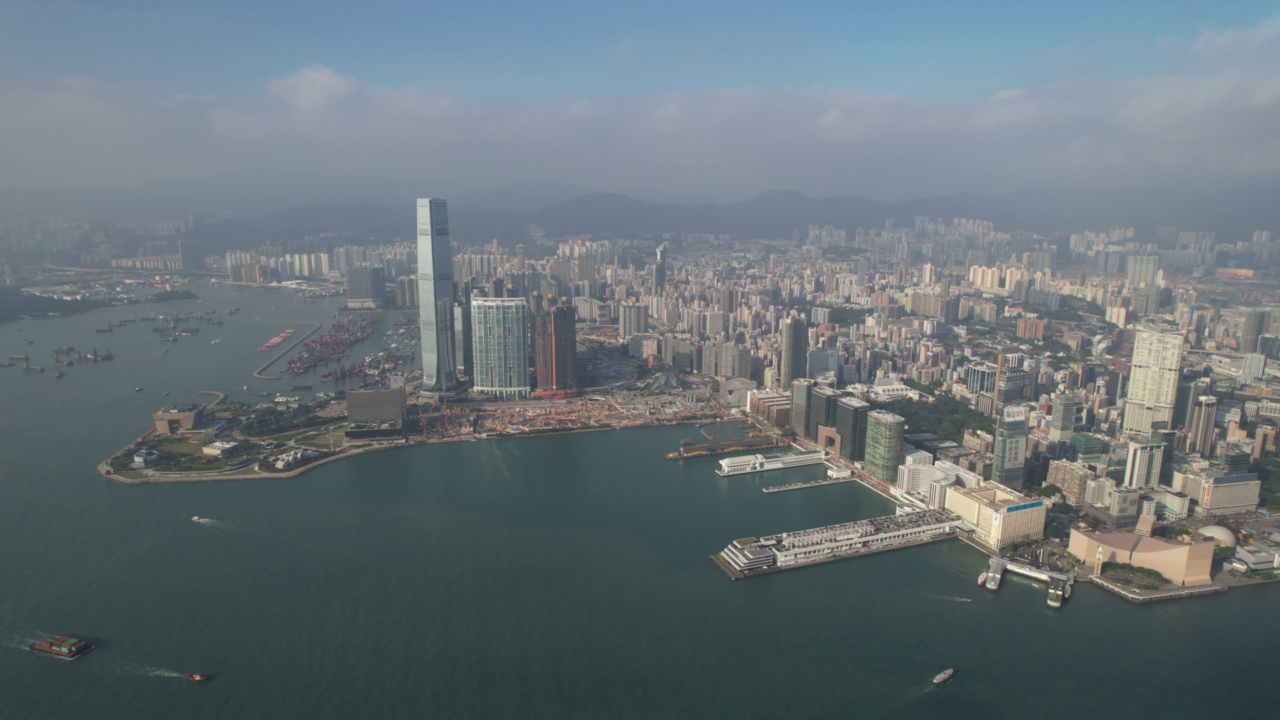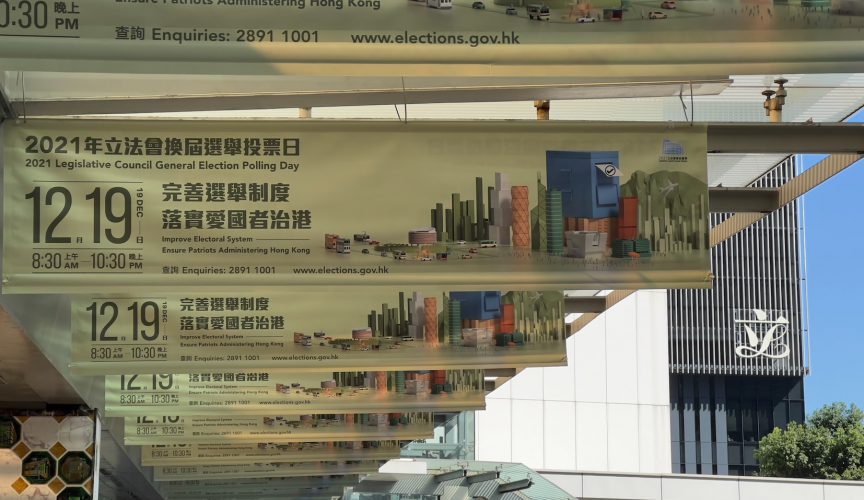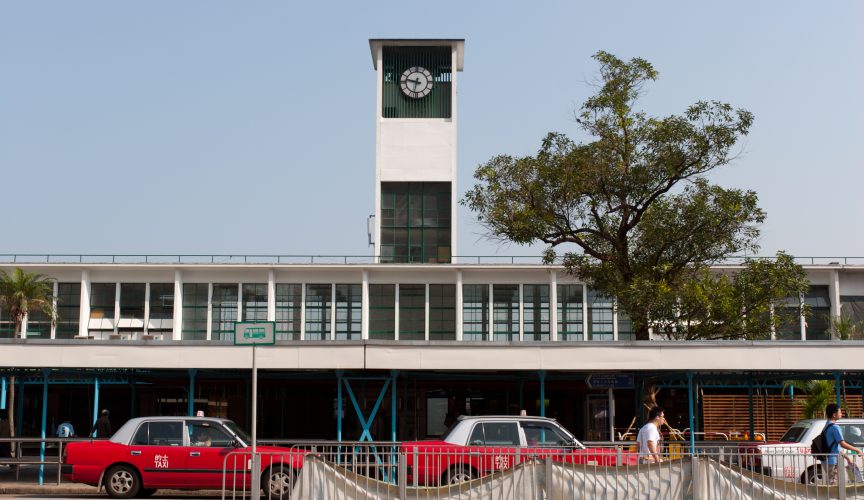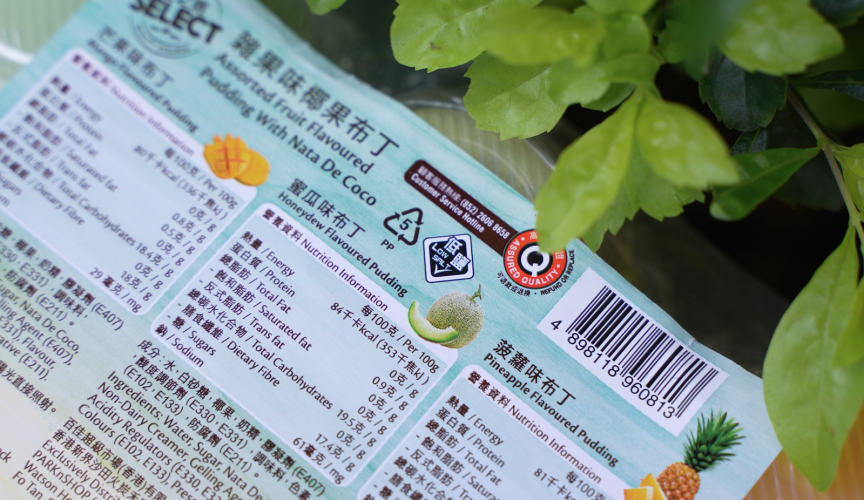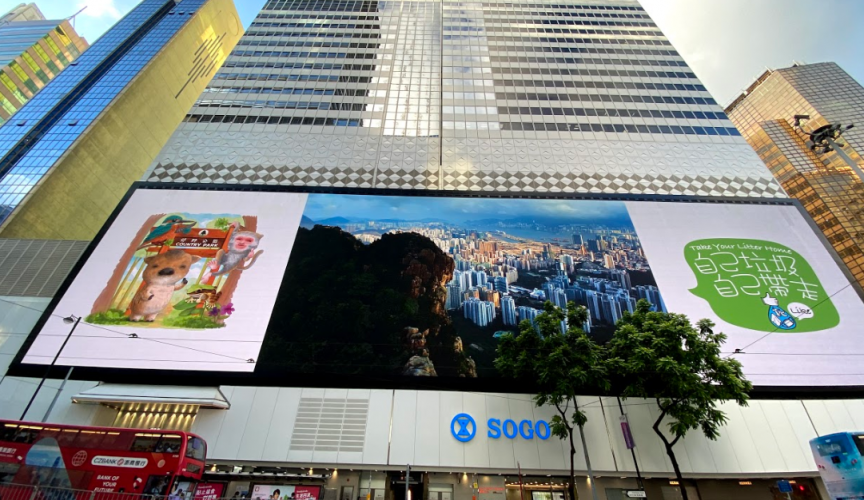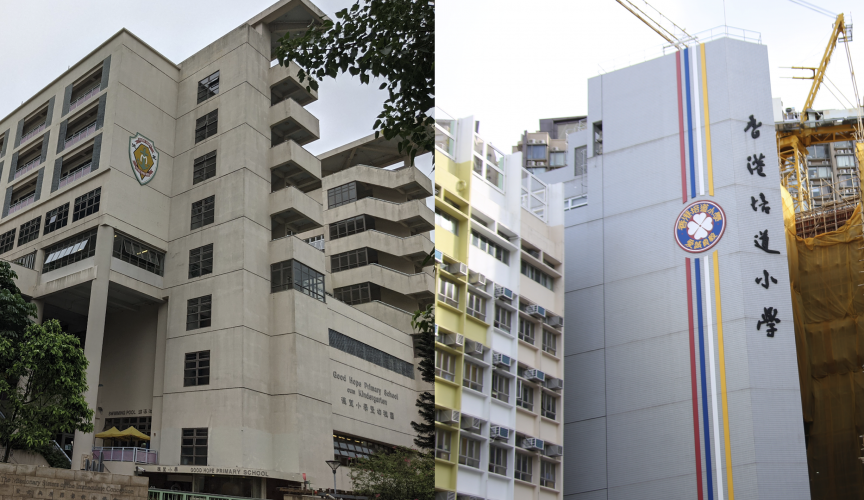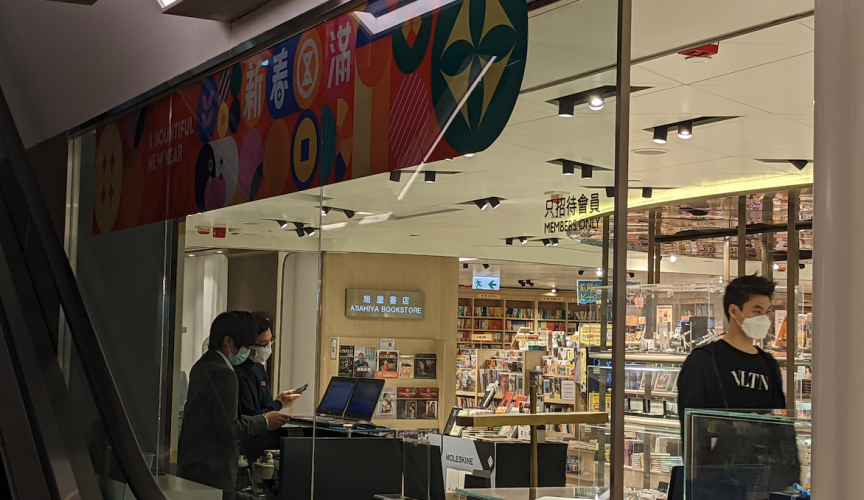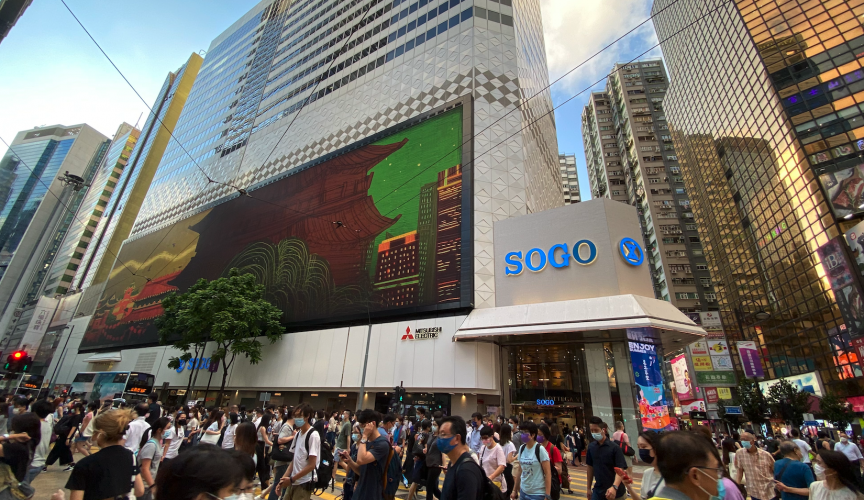Research for the “Relaunch Hong Kong” campaign revealed foreign countries’ negative views towards Hong Kong in August 2020, around one to two months after Hong Kong’s National Security Law was implemented. Respondents thought that descriptions such as “democratic”, “free” and “safe” did not suit Hong Kong. The research also identified the National Security Law as having exacerbated the damage to the city’s brand.
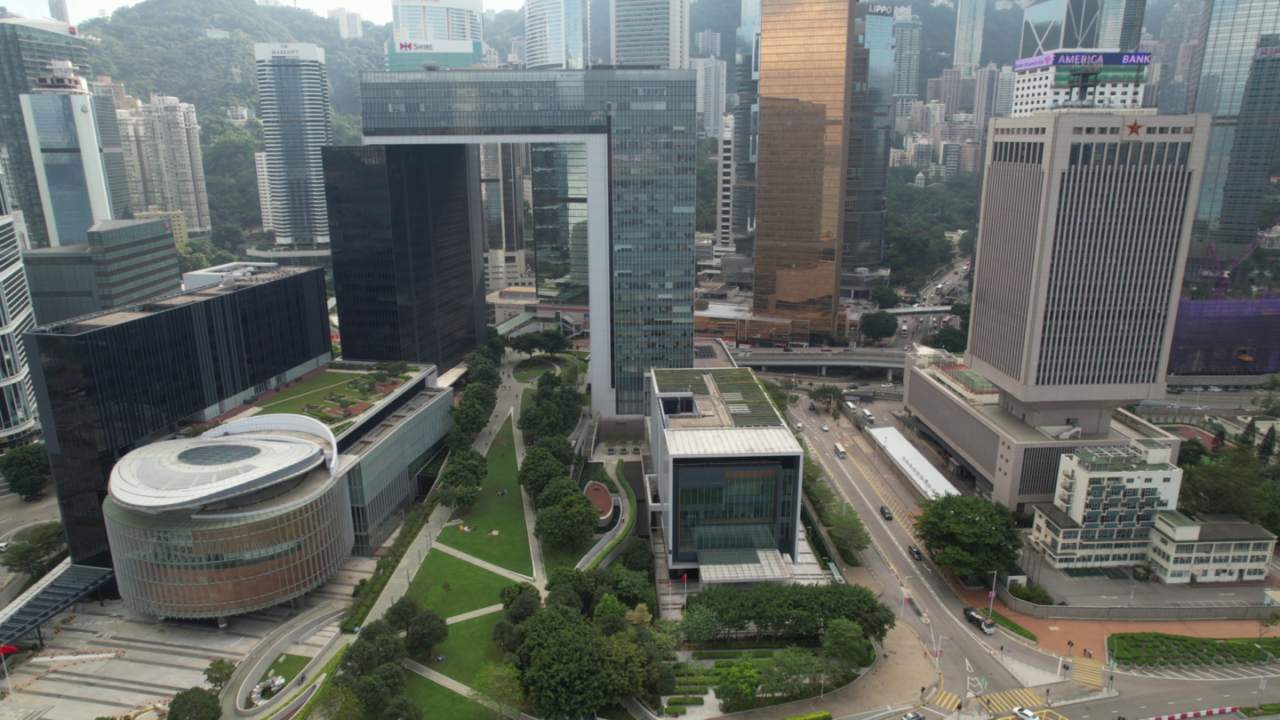
Talking to FactWire, legislator and member of the Executive Council Regina Ip said that she was not surprised by the negative results. She thought the implementation of the National Security Law would only have a short-term impact, which foreign countries would gradually understand and accept, and that the government should firmly rebut foreign criticisms.
According to a report on the government’s “Brand Hong Kong” website, the research performed by Consulum FZ LLC for the “Relaunch Hong Kong” campaign was divided into two phases. The first phase, conducted in August 2020, was aimed at understanding target overseas audiences’ views on Hong Kong brand as ‘Asia’s world city’, and to determine whether Hong Kong needs to be repositioned.
Over 11,000 university graduates from 14 markets were invited to participate in an online poll. There were also over 200 in-depth interviews with representatives of the media, businesses, think tanks, and other organisations from 15 markets.
Web archive records show that the research report was uploaded on the government’s website around November to December of last year.
As part of the quantitative analysis, respondents were asked to rate the way that things were generally going in Hong Kong, Singapore, Tokyo, Seoul, Shanghai, and the city where they were living. A positive score meant that the city’s development was heading in the right direction, whereas a negative score meant it was heading in the wrong direction.
Results show that Hong Kong was the only city whose average score, -7, was negative. Indonesia, the United Arab Emirates, Vietnam and Thailand were the only countries who gave Hong Kong a positive score, while the rest, including the UK, the US, Australia, Canada and Japan et cetera all rated Hong Kong negatively, giving scores ranging from -14 to -44.
Singapore, Tokyo, Seoul and Shanghai scored 49, 45, 37 and 19 on average respectively.
In another survey, respondents were asked how well certain words or phrases describe Hong Kong today. Seven out of 21 descriptions received a negative overall score, indicating that they inaccurately described Hong Kong. These words or phrases and their scores were: “free” (-30), “safe” (-30), “stable” (-26), “democratic” (-23), “secure” (-21), “optimistic” (-6), and “quality living” (-4).
These negative scores were largely from those countries who also thought that Hong Kong was heading in the wrong direction. The only exception was France, which gave a positive score for “secure”. Japan gave the lowest rating overall, with all 21 words or phrases scoring zero or below.
The words or phrases seen to best describe Hong Kong were “energetic”, “cosmopolitan” and “innovative”.
In a survey about economic attributes’ impact on Hong Kong’s reputation, the respondents were asked to rate 13 elements that are the foundation of business and investment in Hong Kong. Among those, “rule of law” and “independence of the judiciary” received the lowest marks of -12 and -10 respectively. Just ahead of them were “a safe environment in which to live”, scoring -9, and “regulations”, scoring -3.
On the other hand, “access to the rest of Asia”, “financial and business infrastructure”, “rich culture and entertainment options” and “availability of skilled workforce” gained the highest overall scores.
Part of the research had touched on the impact of Hong Kong’s National Security Law. According to a Consulum document dated July 2021, research found that the social unrest in Hong Kong caused “significant brand damage”, and the National Security Law had exacerbated that damage. The law was unpopular even within countries that favoured Hong Kong, the document says, and increased awareness of it would drive negativity.
Foreigners’ views on the National Security Law were taken into account in another part of the research which evaluated the effectiveness of 15 promotional messages. Respondents were asked how convincing each statement was to them as a reason to feel optimistic about Hong Kong. The statement which ranked last, with -17 points, was: “The National Security law has enabled the government to maintain order and bring peace to the city. Now Hong Kong can get on with business.”
The other statements with negative points were:
– While recent changes may have caused some Western businesses to relocate, most will remain, while access to the dynamic economy of Mainland China will leave Hong Kong more prosperous in the future.
– Hong Kong’s closer recent relationship with Mainland China is an advantage, it gives it greater access to what will soon be the world’s largest economy, while at the same time preserving its international connections.
– While the nature of the government and legal system in Hong Kong may change, its depth of character and cultural richness will always make it an exciting and desirable place to live.
Apart from online polls, 225 interviews across 15 markets were performed as part of the qualitative analysis portion of the research. Results show that the “perceived erosion” of ‘one country, two systems’ has precipitated uncertainty in the respondents, and that recent political and security interventions by the mainland have created “perceived risk”.
According to the report, China is presently not as reliant on Hong Kong’s capital market or its port as it once was. This has meant increased involvement in the governance of Hong Kong.
The report also says that Hong Kong’s recent protests and China’s response have created uncertainty and instability, and that China’s increasing involvement has led some to wonder how far and how fast China will go in integrating Hong Kong into the mainland.
In addition, phase one of the research interviewed people from the government, chambers of commerce and trade offices to gather feedback on the Hong Kong government’s communications ecosystem. Internal stakeholders’ feedback aligns with the other research outcomes, showing a need for Hong Kong’s brand to be rejuvenated.
The report concludes that social unrest and uncertainties over instability have driven significant brand damage to Hong Kong, and that the central question about Hong Kong’s future positioning involves its relationship with mainland China. Although the city’s association with mainland China as a growing economy is positive, there are also uncertainties about Beijing’s growing influence in Hong Kong. Therefore, the consultancy suggested, Hong Kong’s positioning needs to involve a fundamental separation between politics and security from Hong Kong’s advantage as an economics and lifestyle destination.
Legislator Regina Ip said that she was not surprised by the research results. “Those who rated Hong Kong negatively were members of the Five Eyes and Japan – all allies of the US,” she told FactWire. “As for Singapore, they have always been a competitor, so it is not unusual for them to criticise Hong Kong.” She thought that Hong Kong’s geographical and political relationships with Indonesia and Thailand et cetera could, as well, explain why they favour Hong Kong.
In Ip’s opinion, the negative views will only last in the short run. She believes that the social unrest, the passing of the National Security Law, and the strict measures implemented against the pandemic have resulted in some short-term impact, but that foreign countries will gradually understand and come to accept what has been going on in Hong Kong. “Since Hong Kong is part of China, the obligations to safeguard national security and to have patriots serving Hong Kong are undeniable,” she said.
Ip added that it is impossible for the government to avoid political issues when it comes to promoting Hong Kong. “Taking the claims made by some foreign media outlets saying Hong Kong’s new electoral system is not democratic, for instance, the government must firmly rebut these claims to convince the others that it is not true,” suggested Ip. She said that the government has been insufficiently convincing when explaining such issues, and that the derision they received from foreign media outlets was only to be expected, especially when overseas economic and trade offices simply parrot the government’s official stances.

